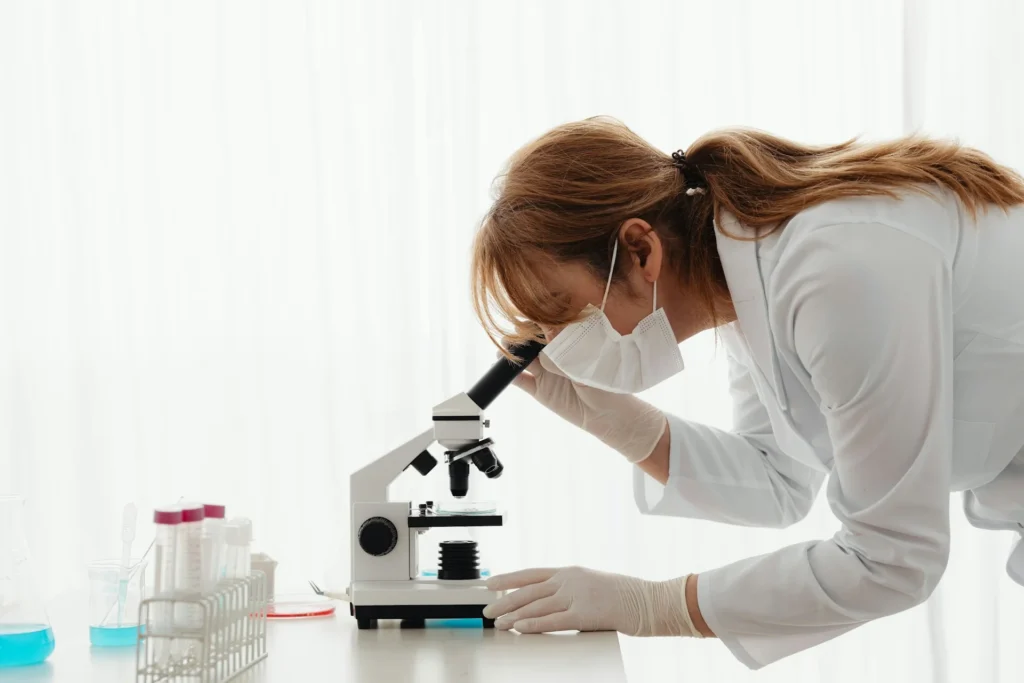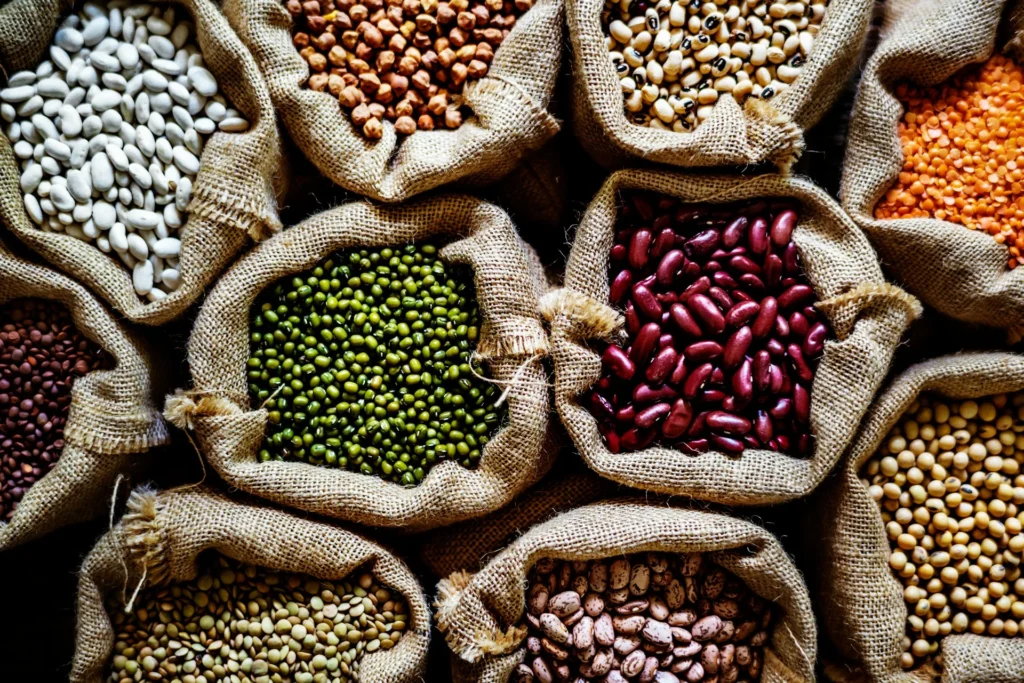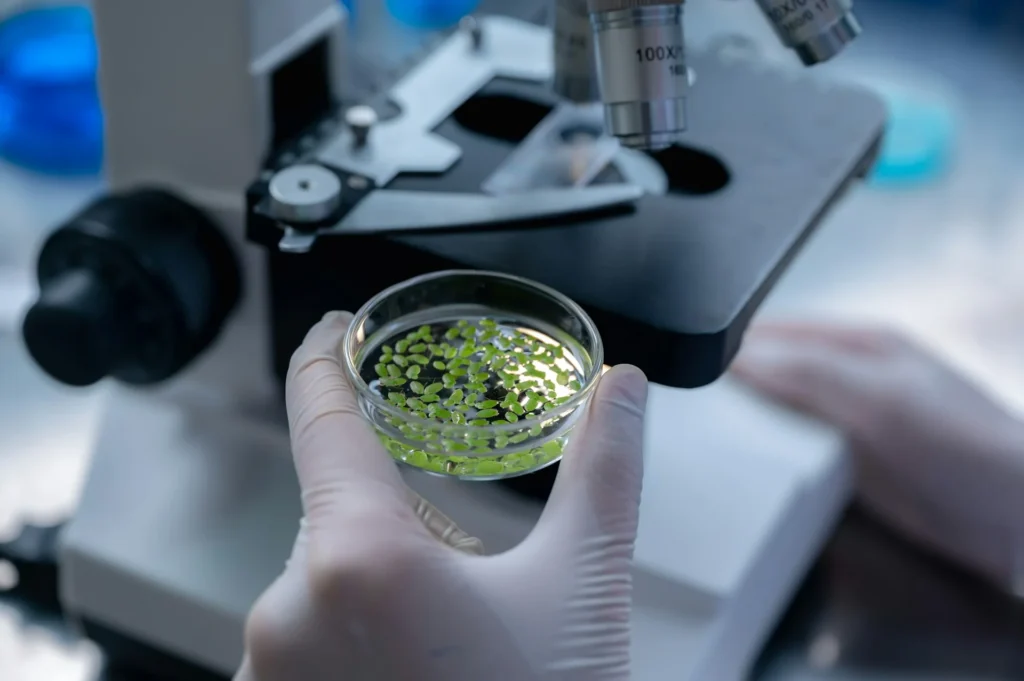In recent years, the food sector has been traversed by a series of technological innovations that are profoundly transforming the way we produce and consume food. Along with concerns regarding the safety of new foods, the introduction of these technologies is also raising fears about the possibility of triggering a process of cultural homogenization. Indeed, innovations in the food sector may be perceived as a threat to local gastronomic traditions that would be standardized, leading to a possible loss of cultural identity. In addition to meeting human food needs, food is in fact also a cultural value, fostering social relations and providing opportunities for exchange and knowledge among people. EU law itself is committed to recognizing and safeguarding regional culinary specialties, through instruments such as PDO and PGI certifications. However, in EU law this protection is balanced with a desire to promote uniformity. Indeed, EU food law is based on the premise that products considered safe, based on uniform criteria based on scientific evidence, should be allowed to circulate freely within the common market. However, it is also important to note that the scientific evidence-based approach does not completely rule out the fact that food decisions, rather than being based on an objective assessment of risks and benefits, are influenced by public opinion or political dynamics and strategies.
In this regard, one can observe the approach of the Italian government led by Giorgia Meloni, which has, on several occasions, declared its intention to regain control of national food policy through the introduction of the theme of “food sovereignty” among the government’s priorities. As stated by the Prime Minister, the goal is to promote national and regional cultural plurality and counter the attempt at global food standardization. These statements are also reflected in the decision to rename the Ministry of Agriculture to the Ministry of Food Sovereignty, which, among its strategic goals, has expressed the intention to counter the spread of “artificial food”, with particular emphasis on lab-grown meat, now the focus of numerous debates.
Italian Law No. 172/2023
Based on these premises, a lengthy debate was opened on Bill No. 651 on “Provisions on the prohibition of the production and placing on the market of synthetic food and feed,” which was submitted to the Senate on April 7, 2023. Theprocess was then concluded with the approval of the law no. 172 of december 1, 2023 by which the legislature, recalling the precautionary principle set forth in EC Reg. No. 178/2002, introduced a ban on the production, use, sale, import, export and distribution of food produced from cell cultures. The aims pursued are explicitly referred to in Article 1, in which the intent is stated to want to “ensure the protection of human health and the interests of citizens” as well as to want to “preserve the agri-food heritage, as a set of products that are an expression of the process of socio-economic and cultural evolution of Italy, of strategic importance for the national interest.”
Alongside these provisions, Article 3 of the law also introduces an additional ban related to the phenomenon of meat sounding. Indeed, the legislature has banned the use of terminologies typically associated with meat to describe processed products containing exclusively plant proteins.
Finally, to complement the rule, Article 5 establishes particularly severe penalties for violating the above provisions. Specifically, it is stipulated that, unless the act constitutes a crime, violators may incur administrative fines of up to 60,000 euros or 10 percent of annual turnover, with a ceiling of 150,000 euros. Penalties also include confiscation of illicit products and temporary closure of production facilities.
Promulgation: doubts and uncertainties
Coinciding with the promulgation of the law, a communiqué was published on the Quirinale’s website stating that “The President of the Republic, Sergio Mattarella, today promulgated Bill No. 651 […]. The government transmitted the measure, accompanying it with a letter announcing that the draft law had been notified to the European Commission and with a commitment to comply with any observations that may be made by the Commission as part of the notification procedure.”
This unusual communiqué reflected the concerns of the Presidency of the Republic regarding the contrasts that might arise between the domestic legislation in question and EU law.
Tensions with community law
In the notification sent to the European Commission, the Italian government justified the legislative initiative by arguing that the subject lacked harmonization at the EU level, and for these reasons, by virtue of the principle of subsidiarity, it was necessary to adopt a national rule designed to ensure the protection of citizens’ health.
However, this statement comes across as unconvincing.
“Synthetic foods,” as defined by the Italian government, are in fact already subject to specific regulation at the EU level. Indeed, such foods must be considered to be part of the so-called novel foods, that is, products that were not significantly consumed in Europe before 1997, regulated by the Regulation No. 2283 of 2015 .
The regulation establishes a long and complex process for obtaining the European Commission’s authorization to place the novel food on the market, which can only be marketed after passing rigorous safety checks, demonstrating the absence of risk to human health. In light of this, unilateral national intervention, such as that of the Italian legislature, is not compatible with the system of attributions and competencies on which EU food law is based.
The precautionary principle
Further uncertainties arise when analyzing the reference to the precautionary principle made by Article 2 of the law. This principle, enshrined in Article 191 of the TFEU and referred to in Article 7 of Regulation No. 178 of 2002 on food safety, may be invoked when, “in specific circumstances following an assessment of available information, the possibility is identified that a phenomenon, product or process may have potentially adverse effects on health but a situation of scientific uncertainty remains that does not allow a full risk assessment to be made.”
The Italian law under review, however, seems to apply the principle improperly, deeming the absence of evidence that foods produced from cell cultures are not harmful sufficient to justify the ban.
According to the ECJ, as stated in the Monsanto case, “protective measures taken by the Member State cannot be validly justified by a purely hypothetical approach to risk, based on mere suppositions not yet scientifically established.” A national provision can thus be adopted as a precautionary measure only in the circumstance where the possible risk to human health appears to be adequately supported by scientific evidence available at the time of adoption. In the present case, the Italian state did not provide any dossier to support its concerns, thus depriving the policy decision of the necessary scientific support required to legitimize the adoption of precautionary measures under EU law.
Procedural issues
In addition to the issues just discussed, it should also be pointed out that the law in question is to be regarded as a national technical measure capable of hindering the free movement of goods within the EU market and, as such, should have complied with the prior information requirements of the TRIS procedure regulated by the directive no. 1535 of 2015 . Secondo la direttiva, gli Stati membri sono tenuti a comunicare alla Commissione ogni progetto di regola tecnica prima della promulgazione ufficiale, allegando un dossier contenente gli elementi a sostegno delle finalità alla base dell’elaborazione della norma. L’art. 6 stabilisce inoltre che, in seguito alla notifica, gli Stati debbano astenersi dall’adottare la norma per un periodo compreso tra 3 e 6 mesi, consentendo così alla Commissione europea e agli altri Stati membri di effettuare le verifiche e le consultazioni necessarie. Il Governo italiano ha invece deciso di presentare alle istituzioni europee le disposizioni nazionali solo dopo averle fatte diventare legge, violando così la procedura appena descritta.
Conclusion
The analysis of Law 172/2023 thus revealed numerous critical aspects. Moreover, there seems to have been no need to enact such a rule, which, moreover, would conflict with any future authorization by European institutions to market a product created from cell cultures.
It can therefore be assumed that banning “synthetic foods” a priori and slowing down scientific research in this area does not seem to be the most appropriate strategy. On the contrary, promoting information campaigns on the environmental impact of food choices and encouraging more sustainable options would appear to be a viable alternative that would entail low economic costs for institutions. This would at the same time help raise awareness of issues such as environmental protection and promote the protection of fundamental rights, such as health and the right to adequate and correct information.







